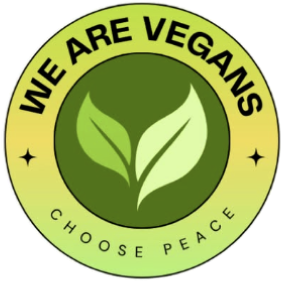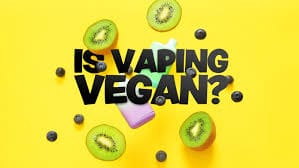Don’t Fall for These Stupid Myths About Veganism
Think veganism is all kale and sadness? Let’s debunk the myths—U.S. edition. Veganism is more than a fad. It’s a lifestyle choice backed by science, compassion, and common sense.
Myth 1: 🥩 “Vegans Can’t Get Enough Protein”
Myth: Meat is the only reliable source of protein.
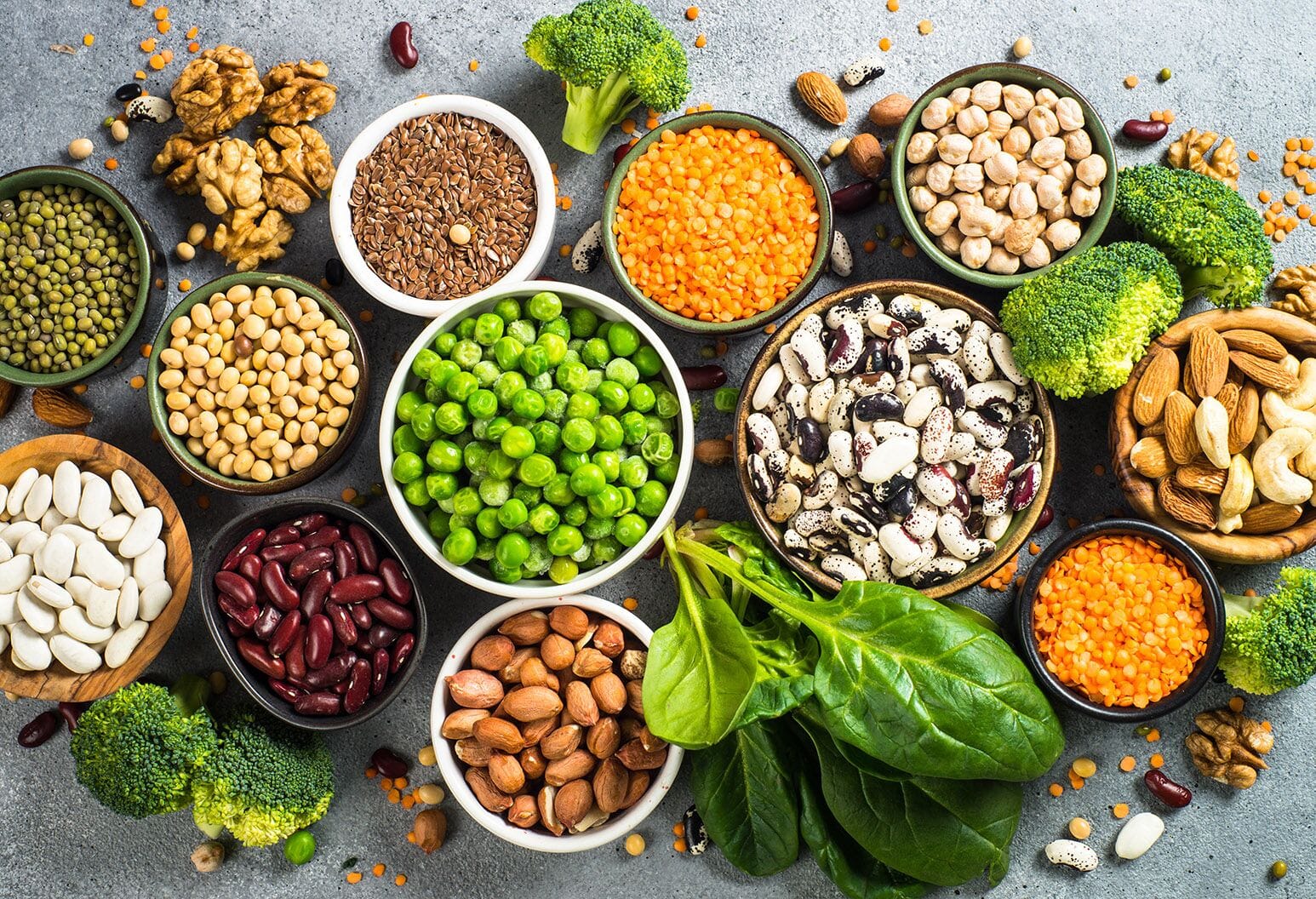
Reality: Nuts, legumes, tofu, beans, lentils, quinoa, and even greens contain quality protein. A balanced plant-based diet can easily meet—and even exceed—daily protein needs (0.8 g/kg body weight). Vegan athletes like Kendrick Farris, Venus Williams, or Tom Brady (who followed plant‑heavy diets) are evidence that plant proteins can support strength and muscle growth.
💸 Myth 2: “Vegan Food Is Too Expensive”
Reality: Whole‑food staples—beans, grains, vegetables, lentils—are some of the cheapest items in American supermarkets. Pricey substitutes (like vegan “burgers”) may cost more, but you don’t need them to thrive on a vegan diet.
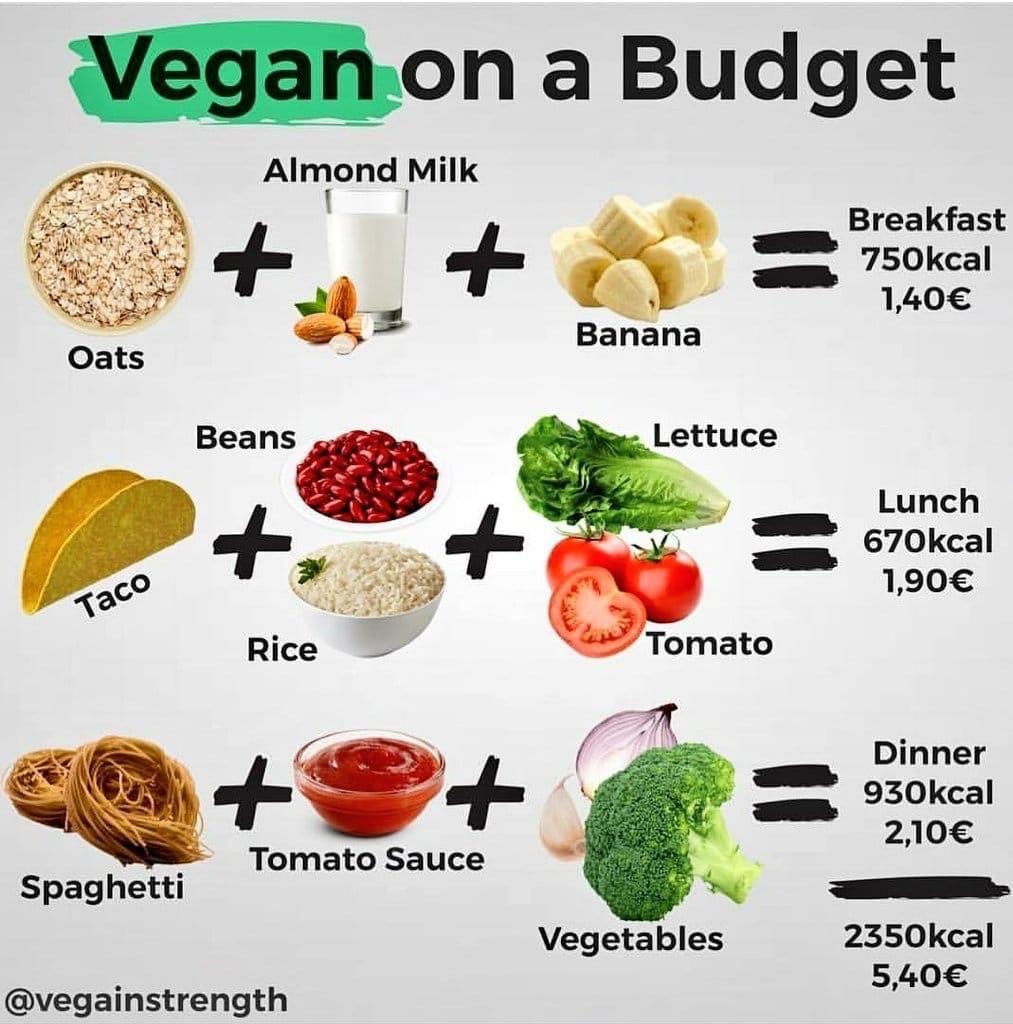
😴 Myth 3: “Vegan Food Is Bland and Always Leaves You Hungry”
Reality: Far from boring—plant‑based food is diverse and vibrant. Social media and restaurant menus nationwide now overflow with exciting vegan options—from vegan barbecue in Texas to Buddha bowls in New York. Plus, fiber-rich whole foods keep you full longer than processed meat-heavy meals.
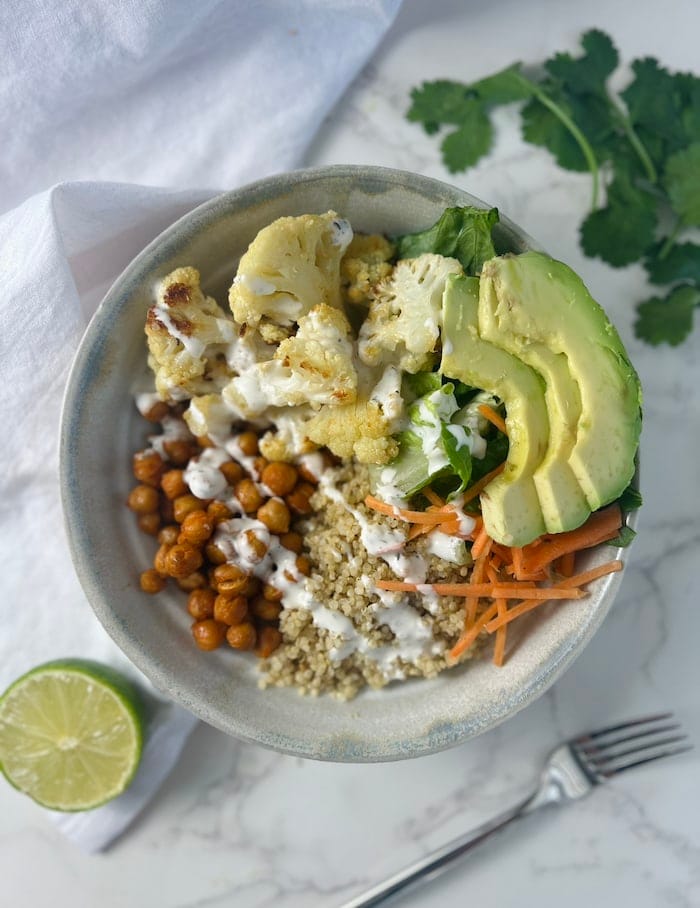
🦴 Myth 4: “Vegans Lack Key Nutrients (Ca, B12, Iron…)”
Reality: A well-planned vegan diet delivers calcium, iron, zinc, vitamin D, and omega‑3—even with fortified foods or thoughtful supplementation. B12 and vitamin D often require supplements—but that’s standard health science.
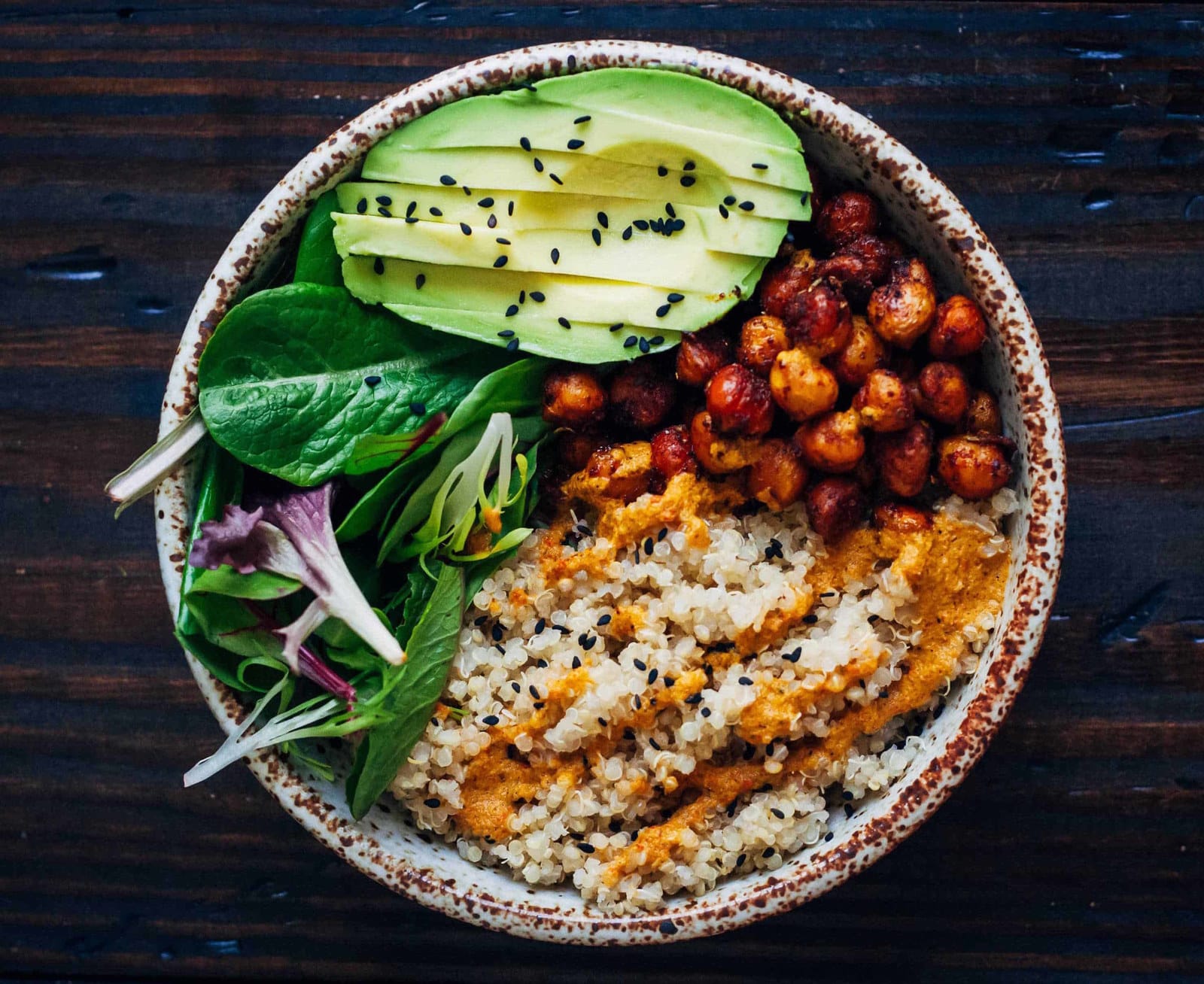
🏋️♂️ Myth 5: “You Can’t Build Muscle on a Vegan Diet”
Reality: Totally false. Many elite athletes thrive on plant-based regimes. Studies show that soy or pea proteins can match animal proteins for muscle growth when combined with resistance training.

🌍 Myth 6: “Veganism Doesn’t Help the Environment”
Reality: Animal agriculture generates 14–18% of global greenhouse gases and consumes massive land, water, and pesticides in the U.S. alone. Research estimates that switching to plant-based diets could reduce food-related emissions by up to 75% in high-income nations—cutting land use, water usage, and wildlife loss drastically.
🧤 Myth 7: “Veganism Is Just a Fad or Trend”
Reality: On the contrary, it's a principled position against speciesism—covering food, clothing, consumer goods, pets, and more. Communities like the American Vegan Society and the American Vegan Center in Philadelphia offer education, outreach, and advocacy—not viral internet trends.

🗣️ Myth 8: “Vegans Are Weak, Unmasculine, or Just ‘Too Sensitive’”
Reality: Unfortunately, negative stereotypes against vegans—sometimes called vegaphobia—are real and widespread. Surveys report that 80% of American and British vegans have faced prejudice, with many associating masculinity with meat-eating. This isn’t about diet—it’s about bias rooted in cultural norms.
💬 What Vegans Actually Say
“Veganism is often misconstrued as a celebrity trend… or a diet and sometimes considered an environmental movement.”
—Common misconception breakdown; vegans clarify the difference.
“Going vegan frees up land equal to North America + Brazil combined.”
—From Reddit discussions highlighting environmental gains.
✅ What’s True
| Myth | Reality Summary |
|---|---|
| Vegans lack protein | False—plenty from plants when planned thoughtfully |
| Veganism is too costly | Mostly false—whole foods are inexpensive and accessible |
| You feel hungry | No—fiber-rich plant diets keep you full and satisfied |
| Nutrient deficiencies are inevitable | No—with basics like B12 and D sourced smartly |
| No muscle on vegan diet | Not true—many athletes thrive on plant-based nutrition |
| Veganism doesn’t help the planet | Definitely helps—fewer emissions and resource use |
| Veganism is a fad | A holistic ethic, growing in impact and seriousness |
| Vegans are “sensitive” or weak | A stereotype built on bias, not reality |
Final Thoughts: Smart Vegans, Smarter Myths
Veganism isn’t about deprivation—it’s about compassion, clarity, and making informed choices. A diverse, whole‑food plant-based diet can nourish your body, protect the planet, and reflect your ethics—with no compromises needed.
Think veganism is still “stupid”? Feel free to challenge me—I’d love to debunk more myths if you have them!
